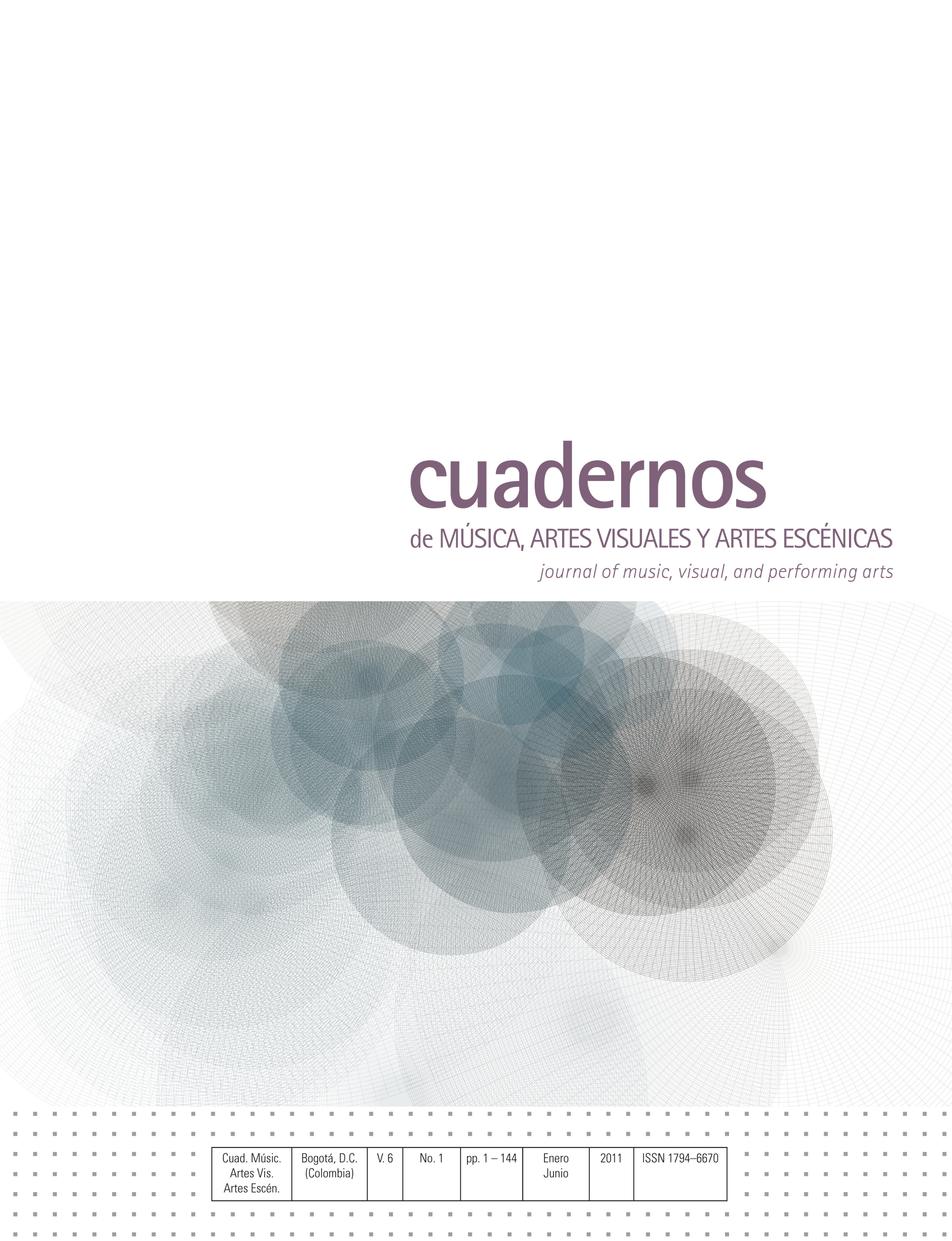Abstract
Este artículo de investigación examina la relación entre texto y música y la incorporación delenunciado de la mujer en la trayectoria del dúo Cristina Fernández y Washington Carrasco. Integradoen 1976, y perteneciendo a la segunda generación del Canto Popular Uruguayo (CPU,1973-1985), el dúo es reconocido por la constante presencia de musicalizaciones de poesía iberoamericanaen sus actuaciones y grabaciones sonoras. Su interpretación de “Canto de madre”(Juan Zorrilla de San Martín) afirma un querer “trabajar con la palabra” en su proceso creativopara articular la expresión identitaria y la integración de la cantora como portavoz del topos, lahistoricidad cultural y el lugar del enunciado la mujer dentro del CPU. Basado en el caso particularde este poema musicalizado, el artículo se enfoca en cómo se vuelven a articular los conceptosidentitarios constantemente, a la vez que se cuestiona, en términos de lo que Julia Kristeva denominala “revuelta” y la revolución posible del lenguaje poético.This journal is registered under a Creative Commons Attribution 4.0 International Public License. Thus, this work may be reproduced, distributed, and publicly shared in digital format, as long as the names of the authors and Pontificia Universidad Javeriana are acknowledged. Others are allowed to quote, adapt, transform, auto-archive, republish, and create based on this material, for any purpose, provided the authorship is duly acknowledged, a link to the original work is provided, and it is specified if changes have been made. Pontificia Universidad Javeriana does not hold the rights of published works and the authors are solely responsible for the contents of their works; they keep the moral, intellectual, privacy, and publicity rights.
Approving the intervention of the work (review, copy-editing, translation, layout) and the following outreach, are granted through an use license and not through an assignment of rights. This means the journal and Pontificia Universidad Javeriana cannot be held responsible for any ethical malpractice by the authors. As a consequence of the protection granted by the use license, the journal is able to publish retractions or to correct information already published. Publishing contents in this journal does not generate royalties for contributors.


